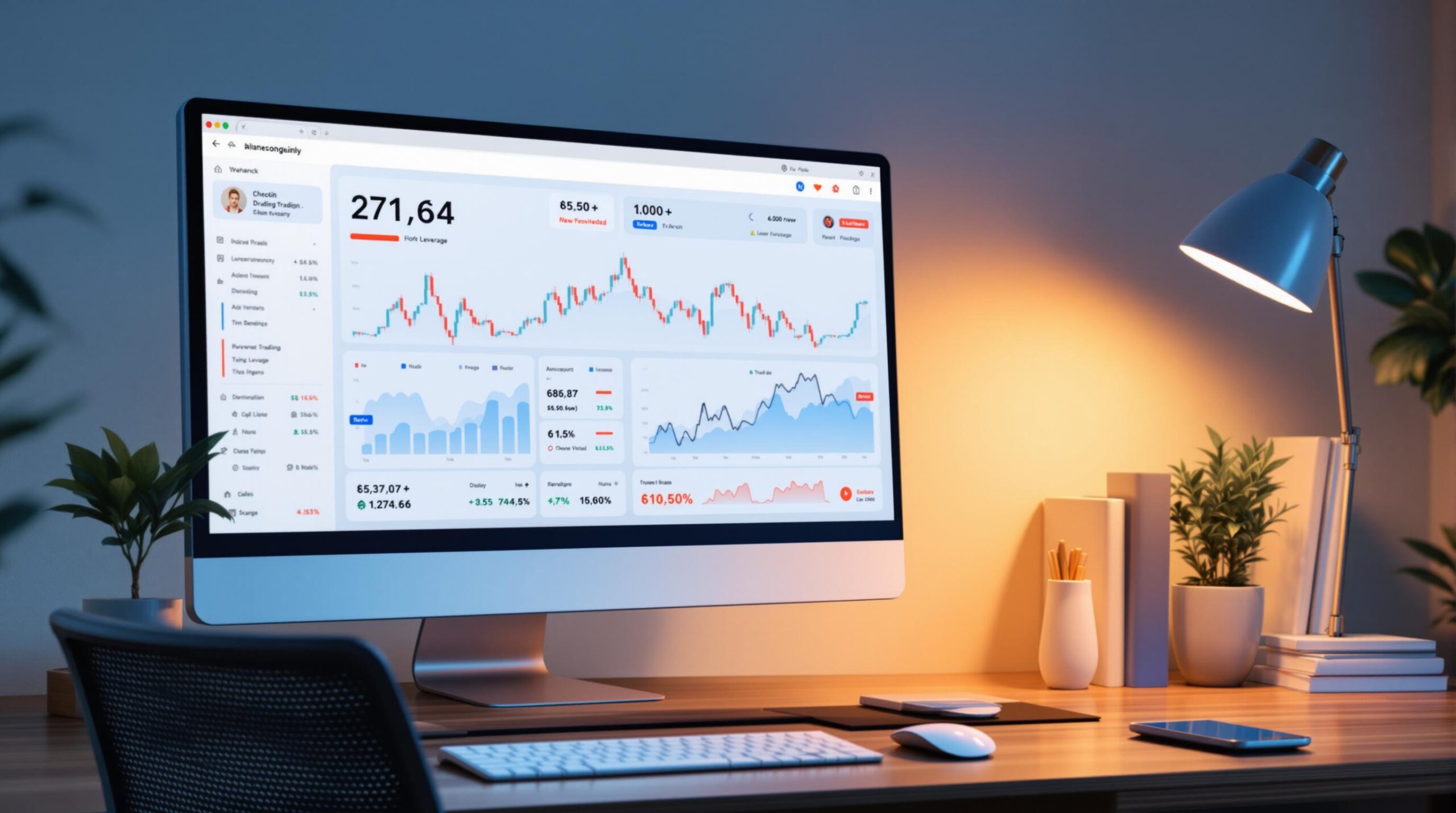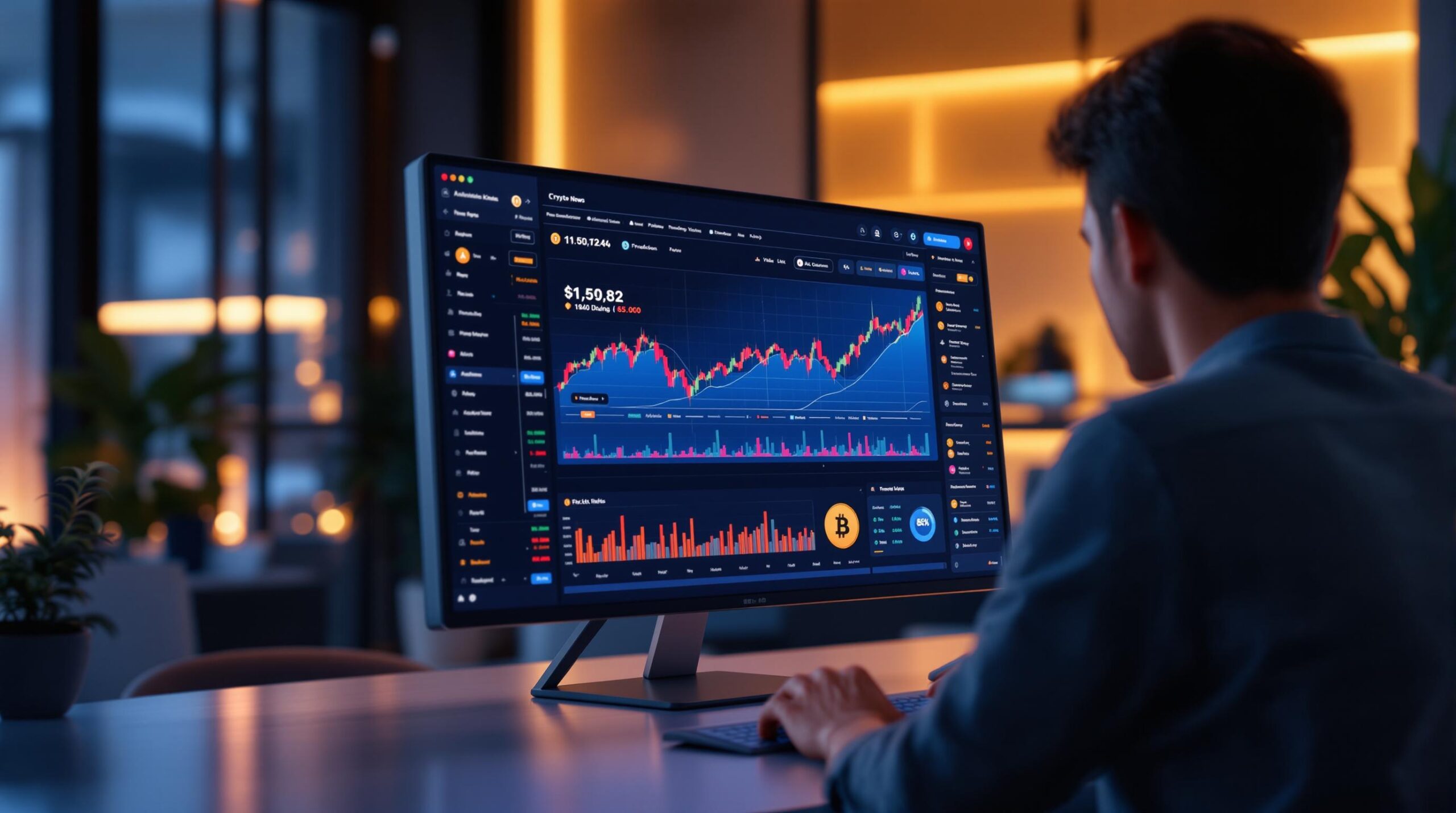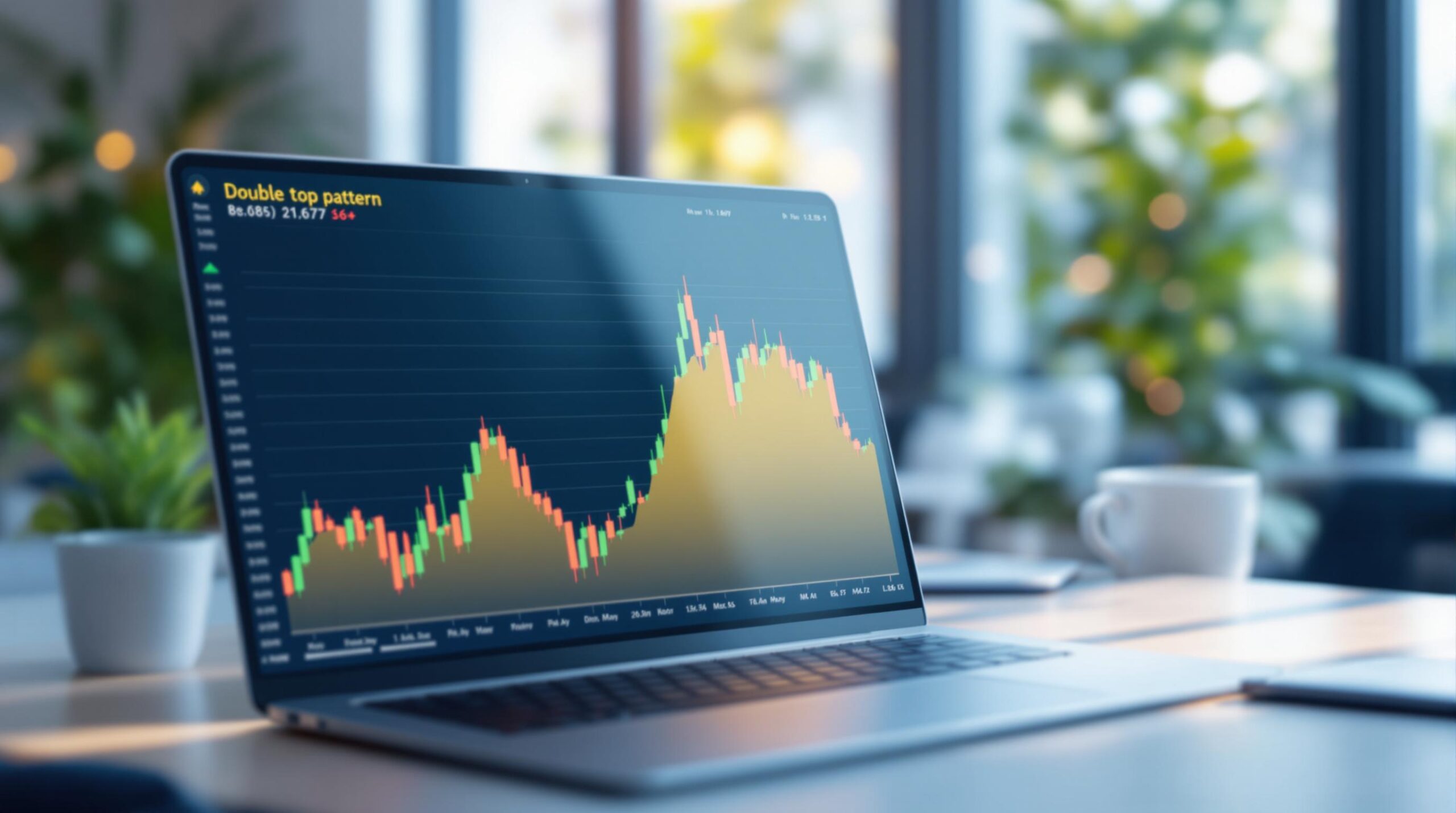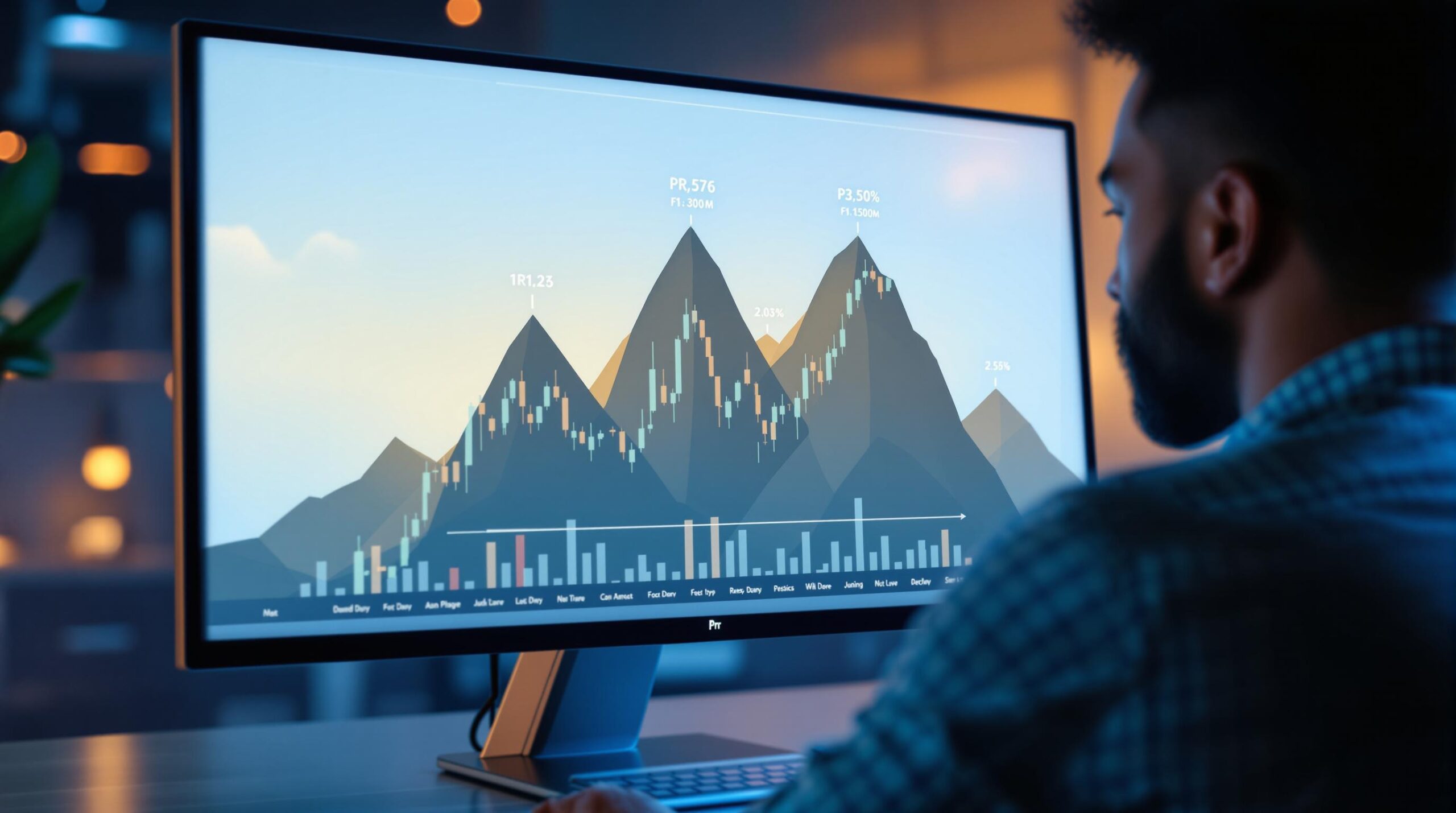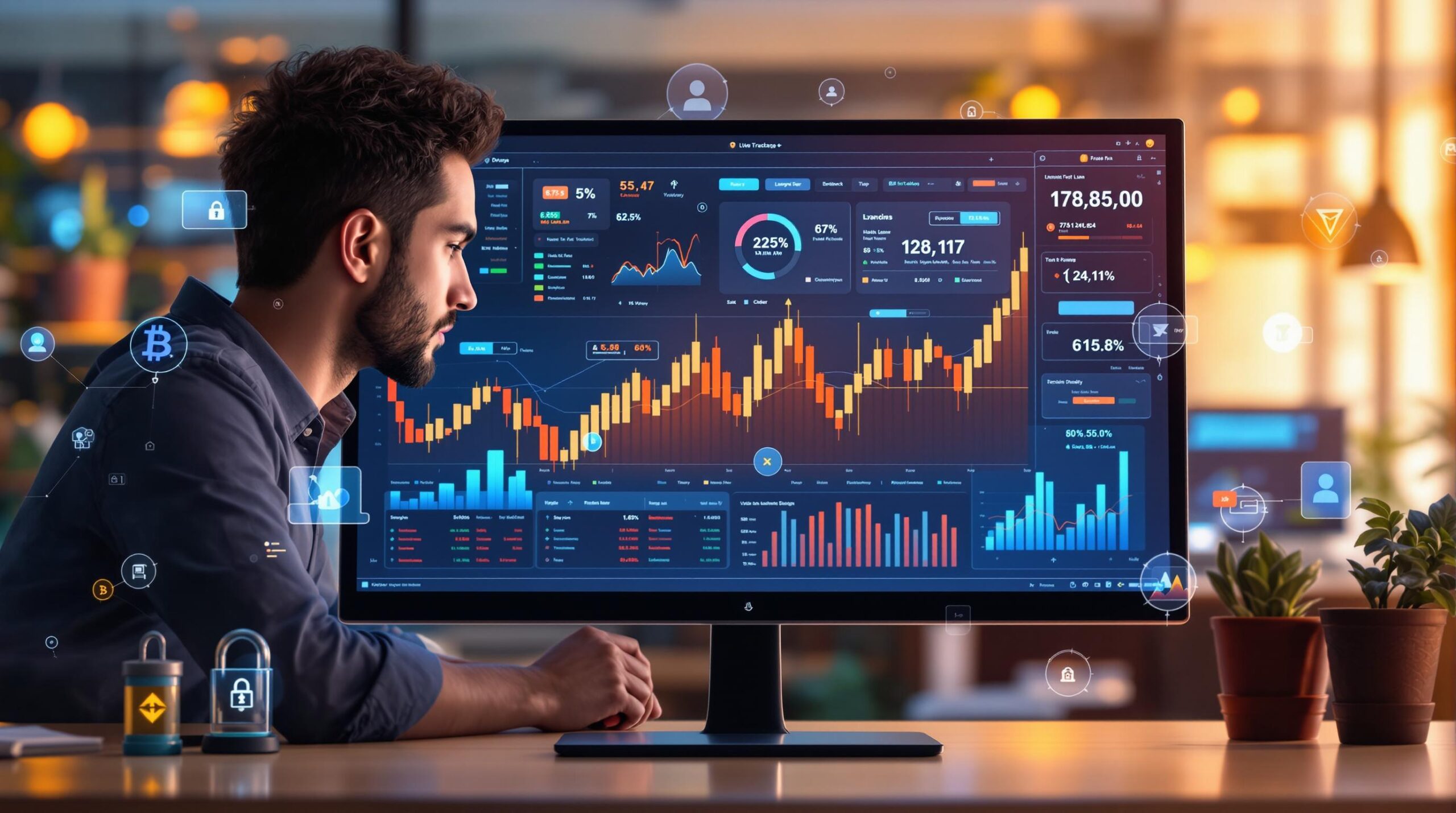In a concerning development for the cryptocurrency industry, AI-powered crypto scams have emerged as a major threat, resulting in staggering losses of $4.6 billion in 2024 according to Bitget’s latest Anti-Scam Research Report. The comprehensive study, conducted in partnership with blockchain security firms SlowMist and Elliptic, highlights the growing sophistication of cryptocurrency fraud schemes leveraging artificial intelligence.
Key Findings from the Bitget Anti-Scam Report
- Total crypto scam losses reached $4.6 billion in 2024
- Deepfake technology emerged as a primary tool for fraudsters
- Social engineering tactics evolved with AI integration
- Cross-chain scams showed significant increase
The Rise of AI-Powered Crypto Fraud
The integration of artificial intelligence in cryptocurrency scams represents a significant evolution in fraudulent activities. Deepfake technology has enabled scammers to create highly convincing impersonations of crypto industry leaders and influencers, leading to unprecedented levels of victim trust and subsequent losses.
SPONSORED
Protect your trades with advanced security features and real-time monitoring
Preventive Measures and Security Recommendations
The report outlines several key recommendations for crypto users to protect themselves against AI-powered scams:
- Enable multi-factor authentication on all crypto accounts
- Verify platform legitimacy through official channels
- Be skeptical of unrealistic investment promises
- Use hardware wallets for significant holdings
FAQ Section
What are the most common types of AI crypto scams?
The most prevalent scams include deepfake videos of crypto personalities, AI-powered phishing attempts, and automated social engineering attacks.
How can users verify legitimate crypto platforms?
Users should check official website URLs, verify social media accounts, and consult trusted crypto security resources.
What role does AI play in crypto security?
While AI poses risks in scams, it’s also being used to develop advanced security measures and fraud detection systems.

